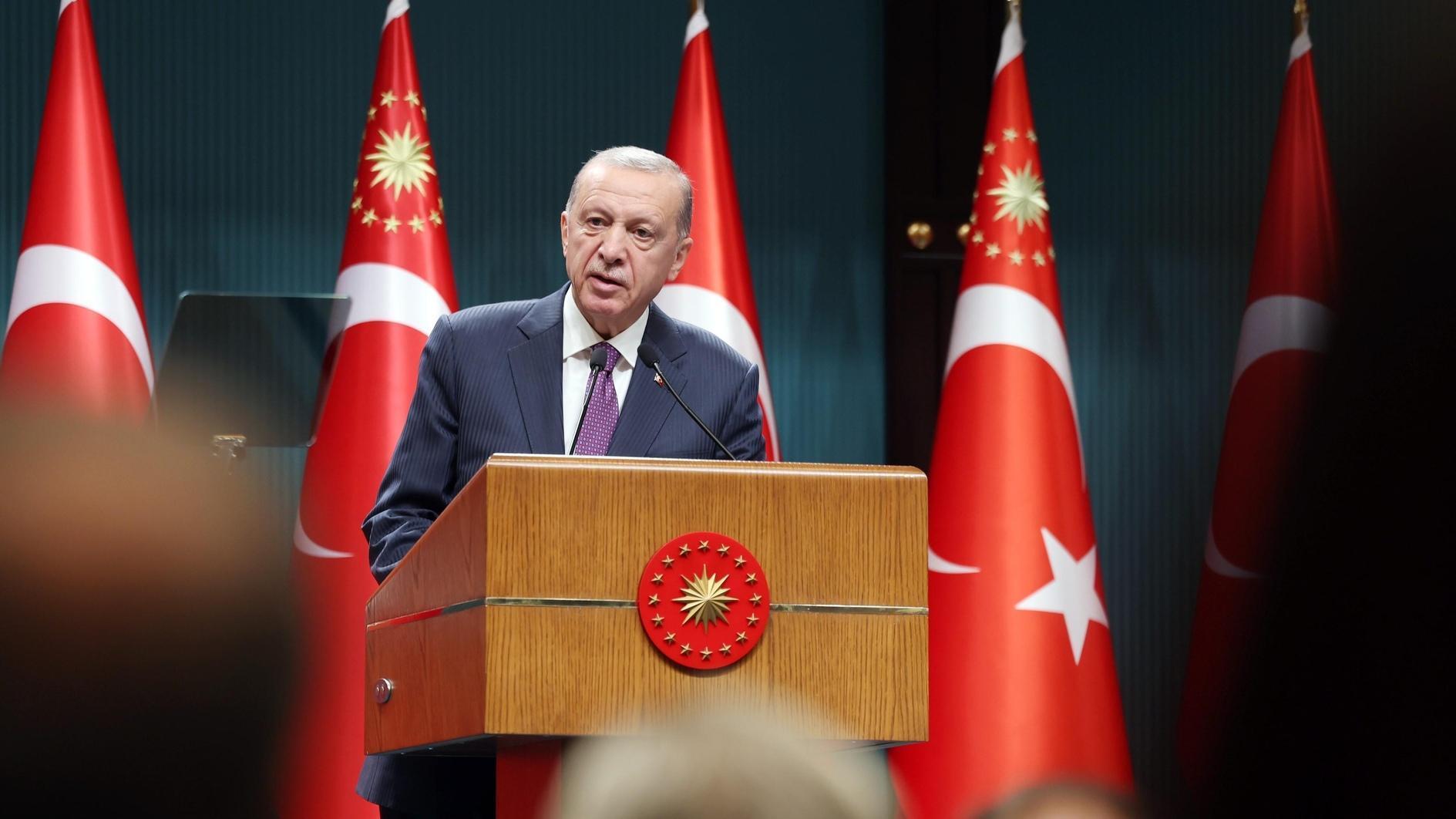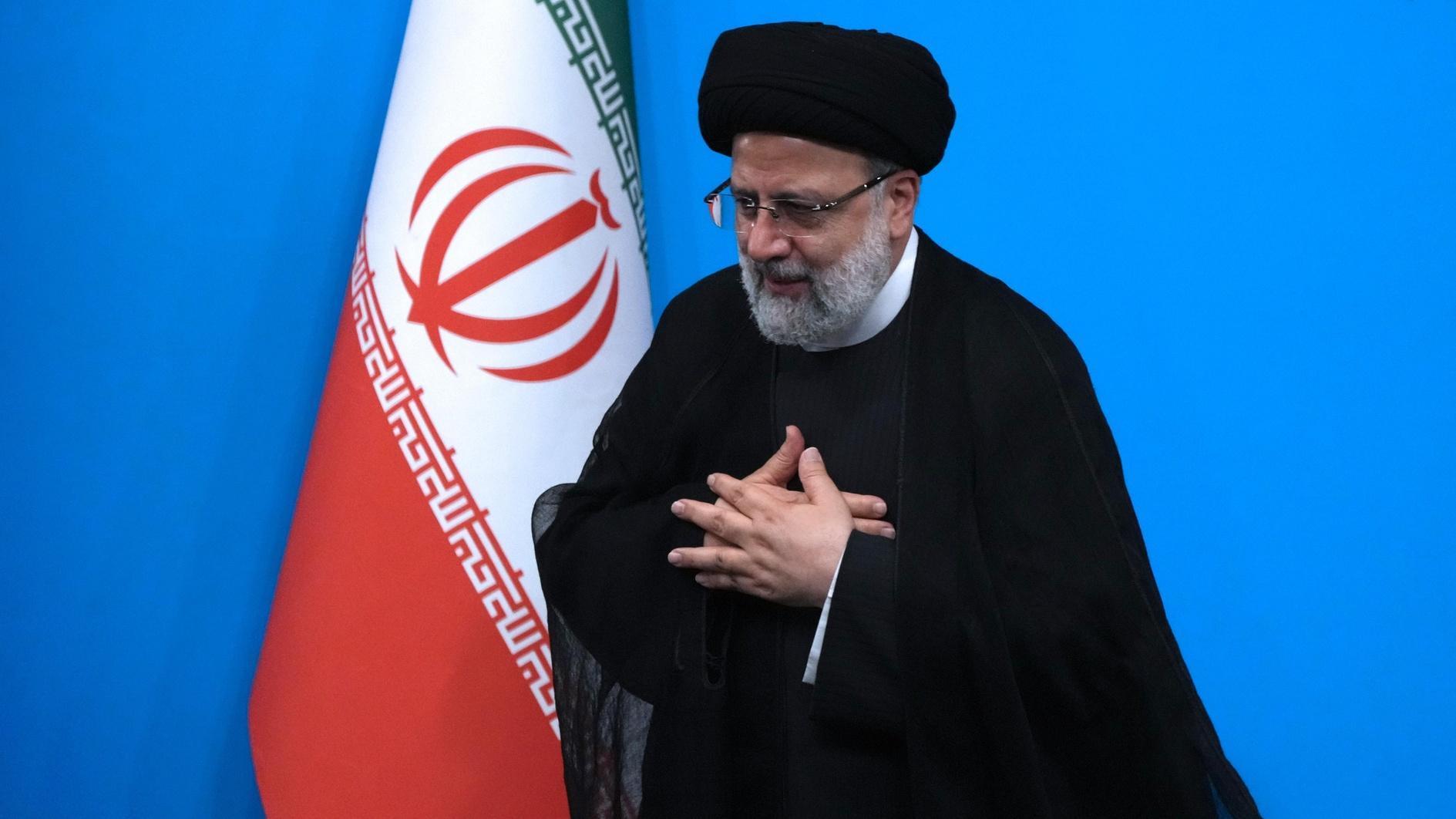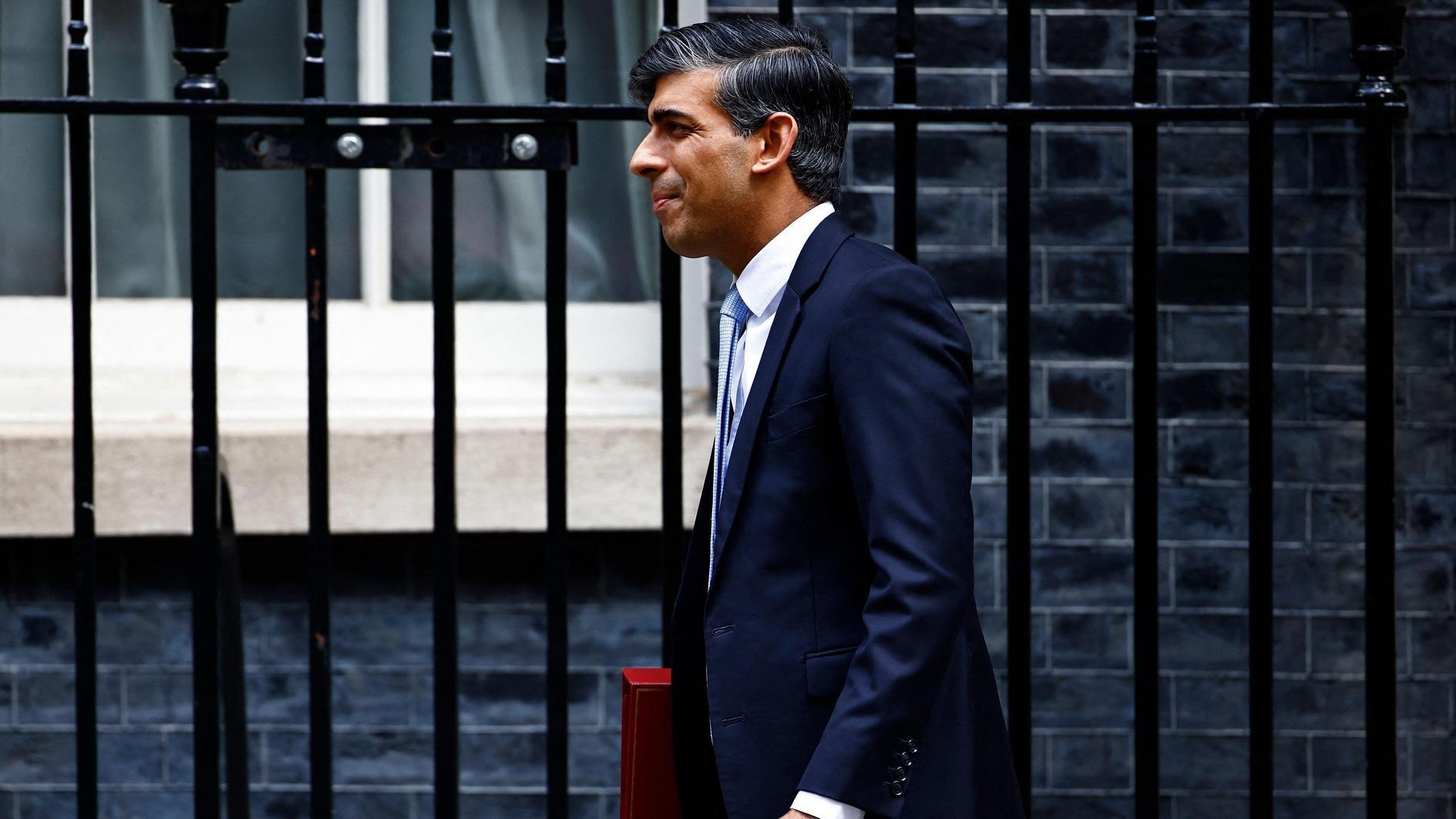Between a rock and a hard place
Turkey’s policy towards Syria since the beginning of the country’s uprising can at best be described as ambiguous. This is not very surprising. The events there and the regime’s inability to respond to the demands of the opposition, presented an important difficulty for Turkey. After all, the level of improvement in Turkish-Syrian relations pointed to a major change and it represented the cornerstone of Turkey’s new foreign policy in the Middle East.
Turkish-Syrian relations were poor historically, marred by historical grievances, territorial claims and ideological differences. In the late 1980s two additional problems were added to the already overcrowded list of problems. Turkey’s launching of the Southeastern Anatolian Project, or GAP, to utilize the waters of Tigris and Euphrates by building and extensive irrigation networks, led to water dispute between the two countries. Turkey’s security concerns in regards to Syria’s policies further contributed to the deterioration of relations. From Turkey’s perspective the main issue was Syrian support for the outlawed Kurdistan Workers’ Party, or PKK, and the residing of its leader in Damascus. As a result the climate of mutual suspicion and mistrust reigned. The problems in Syrian-Turkish relations culminated in a crisis in October 1998 when Turkey threatened Syria by use of force if it did not cut its support to the PKK. The row ended when Syria let the PKK leader leave the country and the two countries signed the Adana Accords on Oct. 20, 1998.
Since 1998, however, the relations between the two countries have been transformed. Economic, security, political cooperation went well beyond normalization. A friendship was developed at the leadership level. Visas were lifted. The two countries began to talk about economic integration. Syrian-Turkish High Level Strategic Cooperation Council, consisting of meetings of ministers of the two countries under the chairmanship of the prime ministers, was initiated. In short, Turkish-Syrian relations became an interesting model for peace building.
At the same time the development of relations to this extent meant that Turkey has heavily invested in the status quo, the continuation of the existing regime in Syria. The possibility of regime change can mean the loss of all this. More importantly, the regime change can instead bring instability and chaos at Turkey’s doorsteps. All these concerns led to a more cautious policy on the part of Ankara, careful not to completely alienate Bashar regime.
On the other hand, Turkey has been hosting Syrian opposition meetings, the last one being widely reported at the end of May in Antalya. These meetings pointed to Turkey’s desire to send a message to Bashar regime as well as to establish links with the opposition and to help to consolidate it. However, the Antalya meeting angered the Syrian regime and its supporters. Even some of the opposition was concerned. Some were wary of any foreign intervention in their affairs. Others were concerned about the extensive participation of members of the Muslim Brotherhood in the meeting as they were scared the uprising could be hijacked by them.
Thus, Turkey’s policy is still trying to navigate its way through the complexities of Syrian politics today. The stakes are quite high and the trajectory of the regime is still uncertain. Under these conditions the strategy seems to be muddling through. But one thing seems clear; whether the regime goes or not, Turkish-Syrian relations have already transformed once more.










